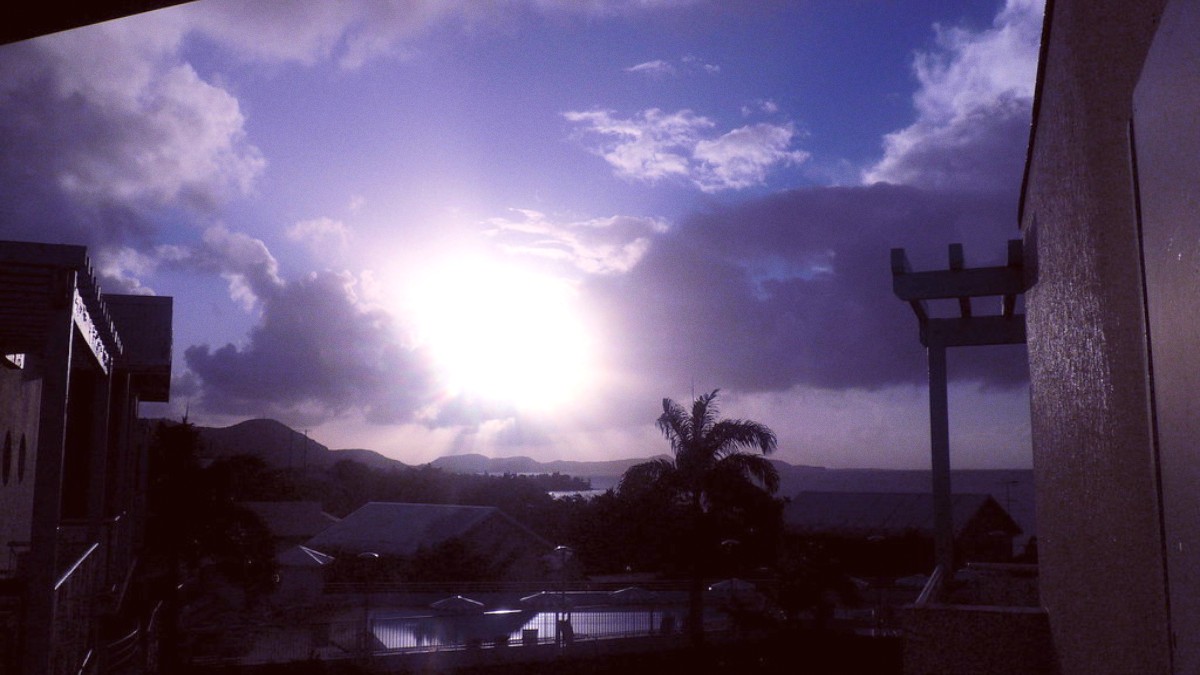
Martinique
Download offline maps of Martinique. Navigate the island even without an internet connection.
Download the offline French language pack for quick translations of phrases, menus, and signs.
Many tour operators, guesthouses, and drivers use this app for communication.
Monitor forecasts, especially during hurricane season (June-November), for tropical storm activity.
Visit Martinique.org for extensive information.
Check Diplomatie.gouv.fr for visa/entry requirements.
Consult France-Antilles Martinique (Franceantilles.fr) for updates.
Search for official Martinique tourism accounts for inspiration and updates.
Look for podcasts or YouTube channels on Caribbean travel or Martinique.
A comprehensive travel guidebook provides curated information, historical context, and practical tips. Obtain a physical map upon arrival for navigation.
Reading about Martinique's history and culture enriches your visit. Explore "Cahier d'un retour au pays natal" by Aimé Césaire.
Explore "Texaco" by Patrick Chamoiseau for insights into Fort-de-France life. Read about Creole cuisine and rum production.
Book larger accommodations (villas, multiple rooms) well in advance for large groups.
Coordinate transportation; consider renting a larger van or pre-booking private transfers.
Research specific needs for mobility, visual, or hearing impairments for each attraction and accommodation.
Report lost or stolen documents to local police immediately for a police report. This document is required for insurance claims and replacement documents. Contact your country's embassy or consulate for emergency travel documents.
Check passport validity (six months beyond return date). Research and apply for any required visas for France/Schengen Area.
Book international flights. Prices often increase closer to departure.
Secure your main accommodation (hotel, vacation rental). Popular properties book quickly.
Obtain International Driving Permit (IDP) if renting a car. Arrange comprehensive travel insurance via World Nomads.
Inform bank/credit card companies of travel dates. Make copies of important documents.
Start building your packing list. Begin learning basic French phrases with Babbel.
Flights, main accommodation, and car rental are top items for advance booking, especially during high season.
Review this travel guide and factsheet. Research specific restaurants, shops, and attractions.
Secure your home, stop mail/newspaper, arrange pet care and plant watering. Consider a VPN like NordVPN for security.
Confirm all bookings and research specific needs ahead of your travel date.